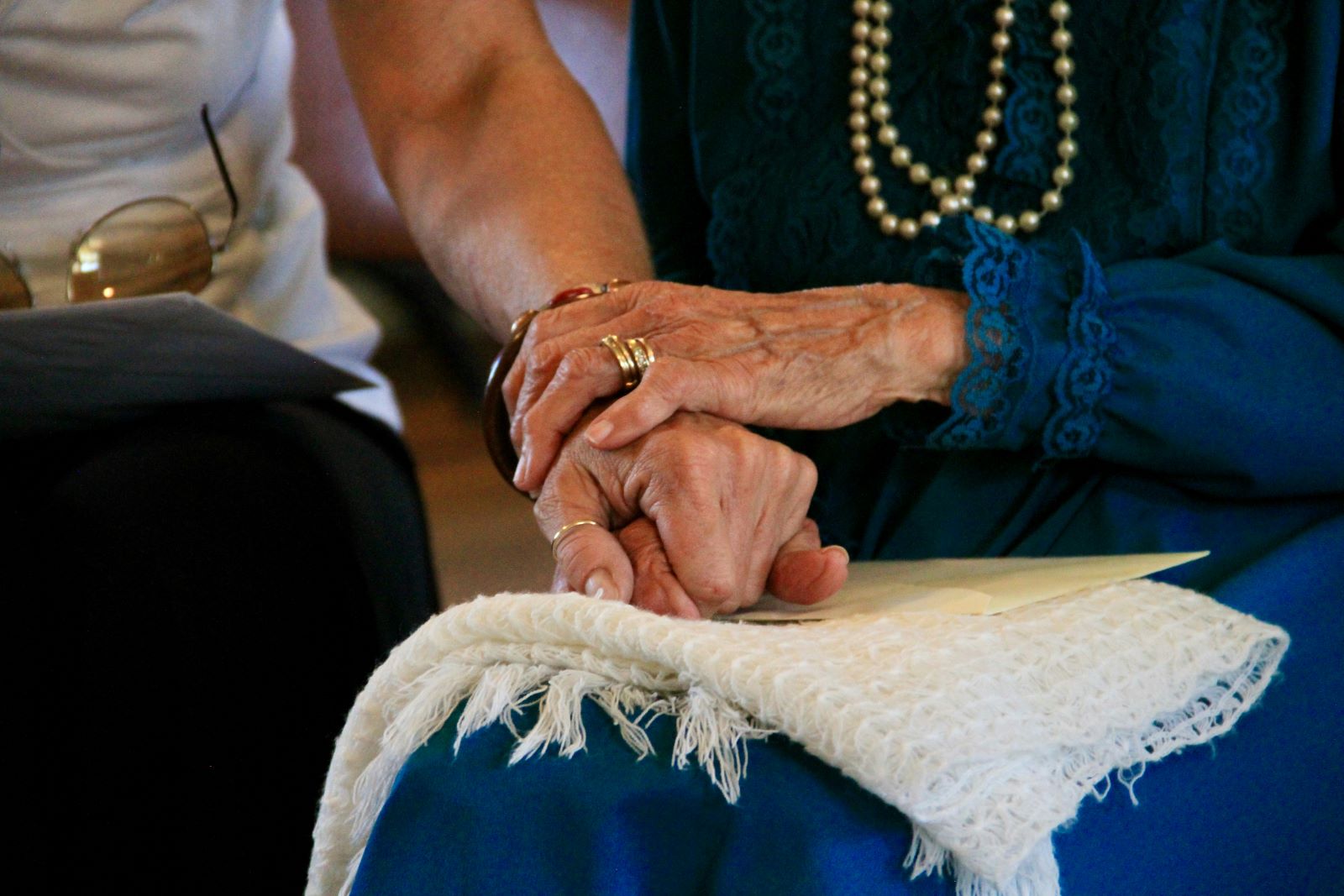You might expect that your Will is your final say and that it would prevent any future family arguments. However, the reality is that your Will can be challenged.
A Will is important because it documents your final wishes, including who you want to inherit your estate. To ensure that your Will is carried out as intended, you need to understand what your ‘moral duty’ is to others.
What is moral duty?
The Family Protection Act 1955 (the Act) states that you owe a moral duty to provide proper maintenance and support to your spouse and children and, in some cases, to your stepchildren and grandchildren. If any of these family members believe you’ve failed your moral duty, they can challenge your Will.
What happens if your Will is challenged?
If a close family member chooses to challenge your Will, the Courts can determine whether you should have allocated more property to that person. The Courts will evaluate each case individually to determine the validity of such claims. The decision will depend on:
- The size of your estate
- Other family members that you owe a moral duty to
- What provisions you make during your lifetime
- The age and financial position of the applicant
Unfortunately, the current law doesn’t clearly specify how much property you should leave to meet your moral obligations.
So, how do you know what is moral or not?
Determining who you owe moral obligations to and the extent of those obligations can be challenging. For modern families that are often blended units, the question of moral duty becomes increasingly uncertain. Recognising this uncertainty, the government instructed the Law Commission to review the Act in 2019. The existing law is considered outdated, and family dynamics have evolved since its introduction.
The Law Commission’s review aims to simplify the law and limit the number of people who can challenge your Will. Two recommendations have been put forward:
- Lack of Financial Resources: your surviving partner can only make a claim if they lack sufficient resources to live independently. Additionally, your children and grandchildren who are in financial need or have not been recognised in the Will can also make a claim.
Or;
- Age and Disability: Only children under 25 or children with disabilities of any age can make a claim. They must demonstrate insufficient resources for reasonable maintenance or assistance toward economic independence.
Until one of the recommendations above takes effect, you will need to carefully consider your moral obligations when preparing your Will. If your Will is challenged, it can lead to emotional turmoil and an unwanted legal battle for your family.
If you need assistance preparing a sound Will, our team are here to provide qualified advice.
